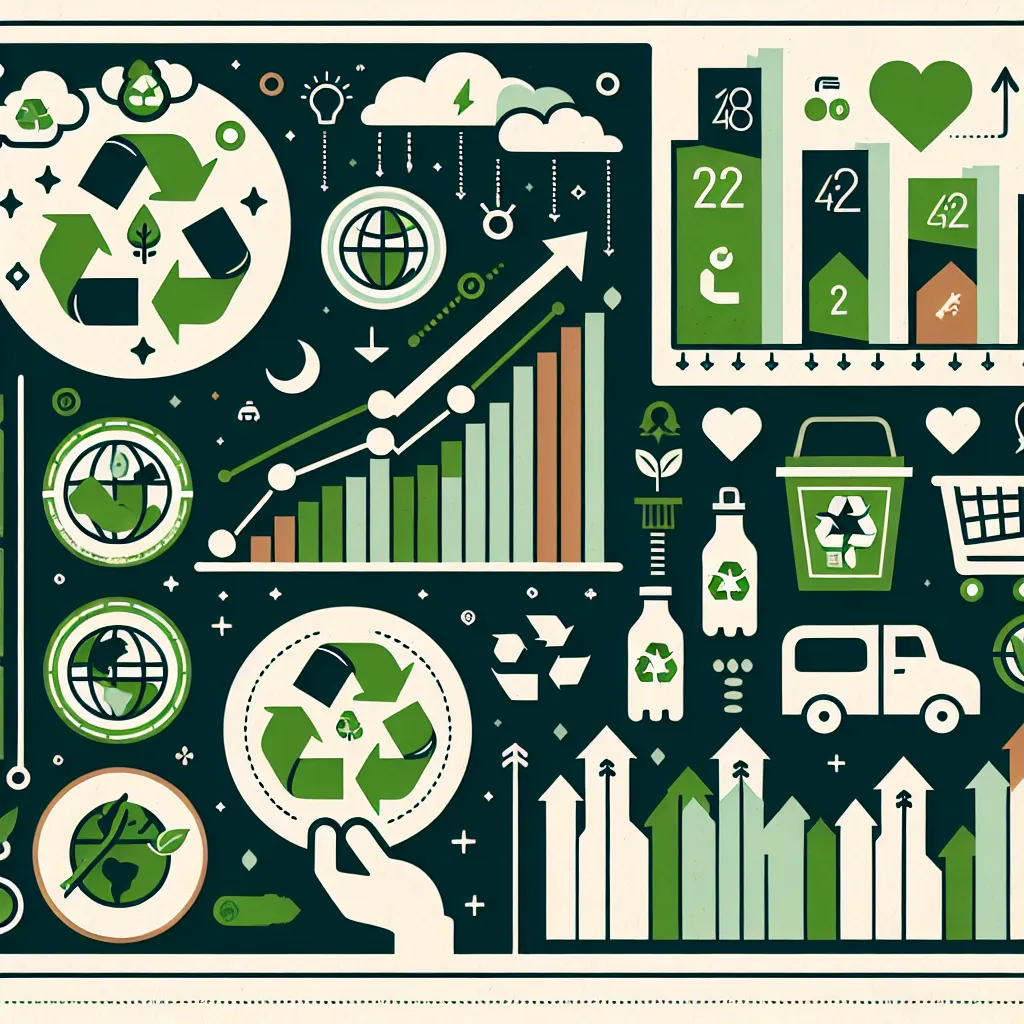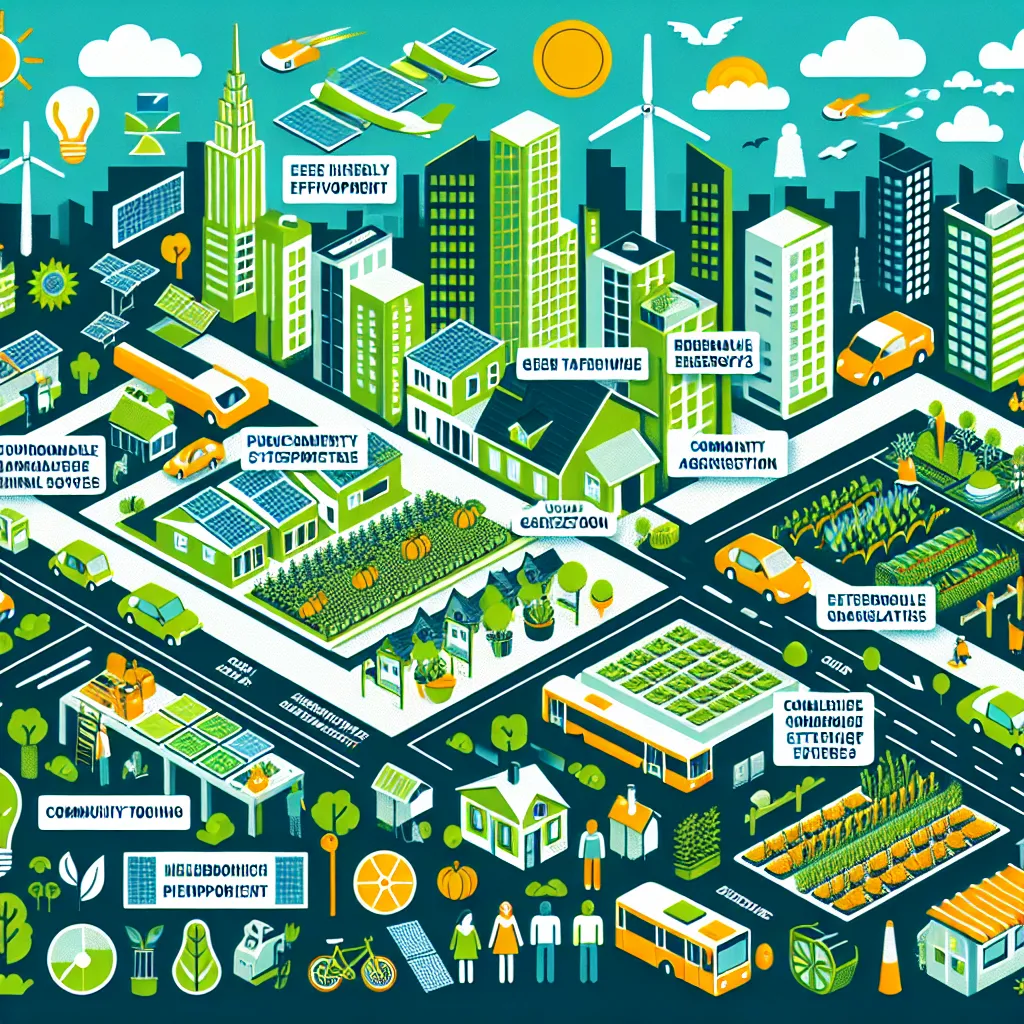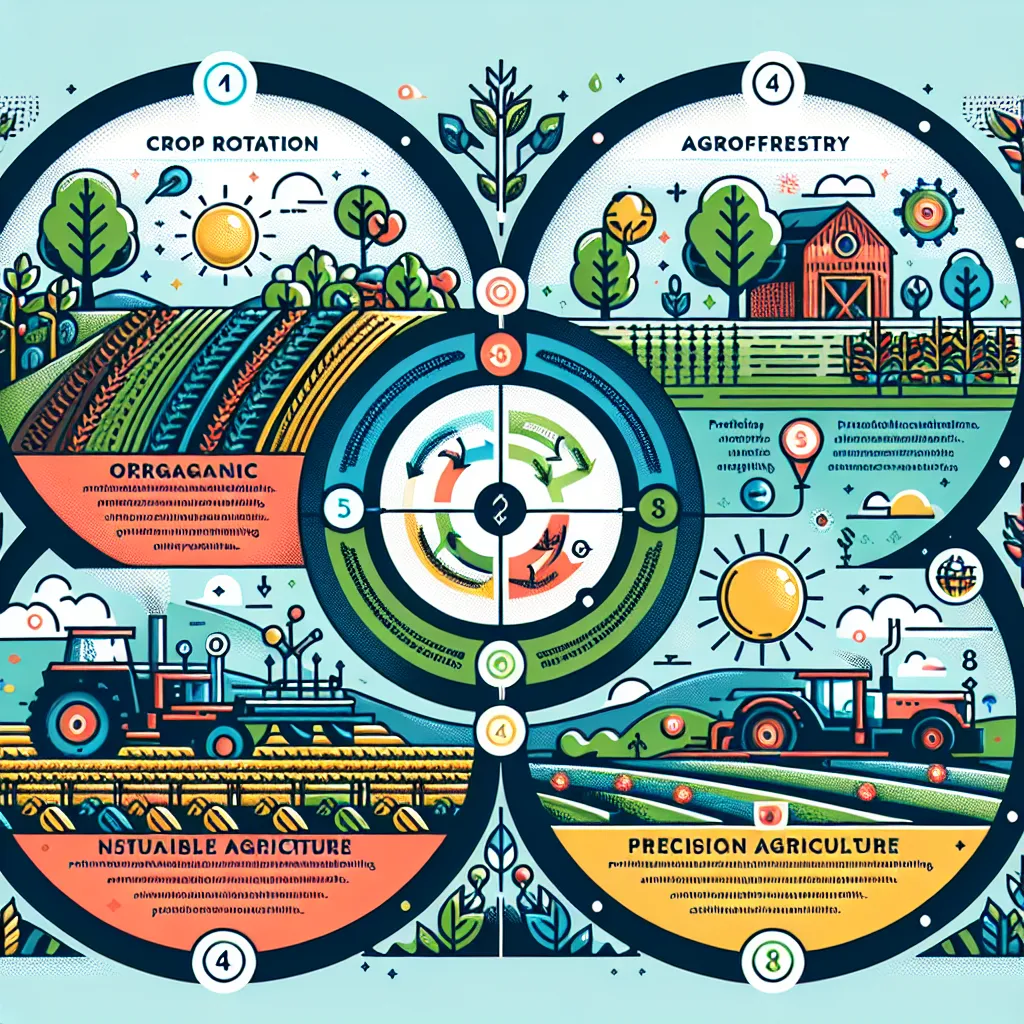The topic of ethical consumerism and its role in addressing climate change has become increasingly prevalent in IELTS Writing Task 2 questions. Based on trends in recent exams and the growing global focus on sustainability, it’s highly likely that this theme will continue to appear in future tests. Let’s explore a sample question and provide model essays to help you prepare for this important topic.
Nội dung bài viết
Analyzing the Question
Some people believe that consumers should avoid buying products from companies that damage the environment, while others think that the responsibility for protecting the environment should lie with the government and large companies. Discuss both views and give your own opinion.
This question addresses the debate over who bears the primary responsibility for environmental protection – consumers or larger entities like governments and corporations. It requires you to discuss both perspectives and provide your own viewpoint, making it a classic example of an IELTS Task 2 essay prompt.
Model Essay for Band 8-9
Ethical consumerism has emerged as a powerful tool in the fight against climate change, sparking debates about the roles of individuals versus institutions in environmental protection. While some argue that consumers should boycott environmentally harmful products, others believe the onus lies with governments and large corporations. In my opinion, a combination of consumer action and institutional responsibility is crucial for effective environmental stewardship.
Those who advocate for consumer-driven change argue that individual purchasing decisions can significantly impact corporate behavior. By choosing eco-friendly products and avoiding those from companies with poor environmental records, consumers can create market pressures that force businesses to adopt more sustainable practices. This approach empowers individuals to “vote with their wallets” and directly influence corporate policies. Moreover, ethical consumerism raises awareness about environmental issues and encourages a broader societal shift towards sustainability.
On the other hand, proponents of government and corporate responsibility contend that these larger entities have the resources and power to enact meaningful change on a global scale. Governments can implement regulations, offer incentives for green technologies, and enforce environmental standards that individual consumers cannot. Similarly, large companies have the capacity to revolutionize entire industries through sustainable innovations and supply chain reforms. This perspective argues that relying solely on consumer choice is insufficient to address the magnitude of the climate crisis.
In my view, the most effective approach to combating climate change involves a synergy between consumer action and institutional responsibility. While ethical consumerism can drive market trends and raise awareness, it must be complemented by robust government policies and corporate initiatives. Consumers can create demand for sustainable products, but governments need to establish frameworks that encourage and regulate eco-friendly practices. Simultaneously, companies should proactively invest in sustainable technologies and processes, recognizing both their ethical obligation and the long-term economic benefits of environmental stewardship.
In conclusion, the responsibility for protecting the environment should be shared among consumers, governments, and corporations. By combining the power of individual choice with institutional action, we can create a comprehensive and effective strategy to address the urgent challenge of climate change. This collaborative approach offers the best hope for creating a sustainable future for our planet.
(Word count: 345)
Model Essay for Band 6-7
The question of who should take responsibility for protecting the environment is a topic of much debate. Some people think that consumers should not buy products from companies that harm the environment, while others believe it’s the job of governments and big companies. I will discuss both views and give my opinion.
Those who support consumer responsibility argue that people can make a difference by choosing what they buy. If many people stop buying products from companies that damage the environment, these companies might change their ways to avoid losing customers. This could lead to more environmentally friendly practices. Additionally, when consumers make ethical choices, it shows that people care about the environment, which can influence others.
On the other hand, some believe that governments and large companies should be responsible for protecting the environment. Governments can make laws that force companies to be more eco-friendly, and they can also provide incentives for green practices. Big companies have a lot of money and resources, so they can invest in new technologies that are better for the environment. They can also change their production methods to reduce pollution and waste.
In my opinion, both consumers and larger organizations have important roles to play in protecting the environment. Consumers can make a difference through their choices, but governments and companies have the power to make bigger changes. I think the best solution is for everyone to work together. Consumers should try to make ethical choices, while governments should create laws to protect the environment, and companies should invest in sustainable practices.
In conclusion, protecting the environment is everyone’s responsibility. While consumer choices are important, they need to be supported by strong government policies and corporate actions to truly make a difference in combating environmental damage.
(Word count: 290)
Key Points to Remember When Writing
-
Structure: Both essays follow a clear structure with an introduction, body paragraphs discussing each viewpoint, the writer’s opinion, and a conclusion. This organization is crucial for achieving a high band score.
-
Language: The band 8-9 essay uses more sophisticated vocabulary and complex sentence structures, while the band 6-7 essay uses simpler language. For example, compare “ethical consumerism” (band 8-9) with “consumer responsibility” (band 6-7).
-
Coherence: Both essays use linking words and phrases to connect ideas, but the band 8-9 essay does this more effectively, creating a smoother flow of ideas.
-
Development of Ideas: The band 8-9 essay provides more detailed explanations and examples, while the band 6-7 essay offers more general statements.
-
Opinion: Both essays clearly state the writer’s opinion, which is essential for this type of question.
 Ethical Consumerism Infographic
Ethical Consumerism Infographic
Important Vocabulary to Remember
-
Ethical consumerism (noun) /ˈeθɪkəl kənˈsjuːmərɪzəm/ – The practice of purchasing products and services that are produced in a way that minimizes social and/or environmental damage.
-
Sustainability (noun) /səˌsteɪnəˈbɪləti/ – The ability to maintain or support a process continuously over time without causing harm to the environment.
-
Environmental stewardship (noun) /ɪnˌvaɪrənˈmentl ˈstjuːədʃɪp/ – The responsible use and protection of the natural environment through conservation and sustainable practices.
-
Eco-friendly (adjective) /ˈiːkəʊ ˈfrendli/ – Not harmful to the environment.
-
Carbon emissions (noun) /ˈkɑːbən ɪˈmɪʃənz/ – The release of carbon dioxide and other greenhouse gases into the atmosphere.
-
Green technologies (noun) /ɡriːn tekˈnɒlədʒiz/ – Technologies that are environmentally friendly and sustainable.
-
Supply chain (noun) /səˈplaɪ tʃeɪn/ – The network between a company and its suppliers to produce and distribute a specific product.
-
Corporate initiatives (noun) /ˈkɔːpərət ɪˈnɪʃətɪvz/ – Actions or programs undertaken by a company to achieve a specific goal, often related to social or environmental responsibility.
Conclusion
The importance of ethical consumerism in combating climate change is a critical topic in IELTS Writing Task 2. By understanding the key arguments and using appropriate vocabulary, you can craft a well-structured and persuasive essay on this subject. Remember to practice writing essays on similar topics, such as:
- The role of individual actions versus government policies in environmental protection
- The impact of consumer choices on global sustainability efforts
- The responsibility of multinational corporations in addressing climate change
We encourage you to practice writing an essay on the question provided in this article and share it in the comments section. This active practice is an excellent way to improve your writing skills and prepare for the IELTS exam.


